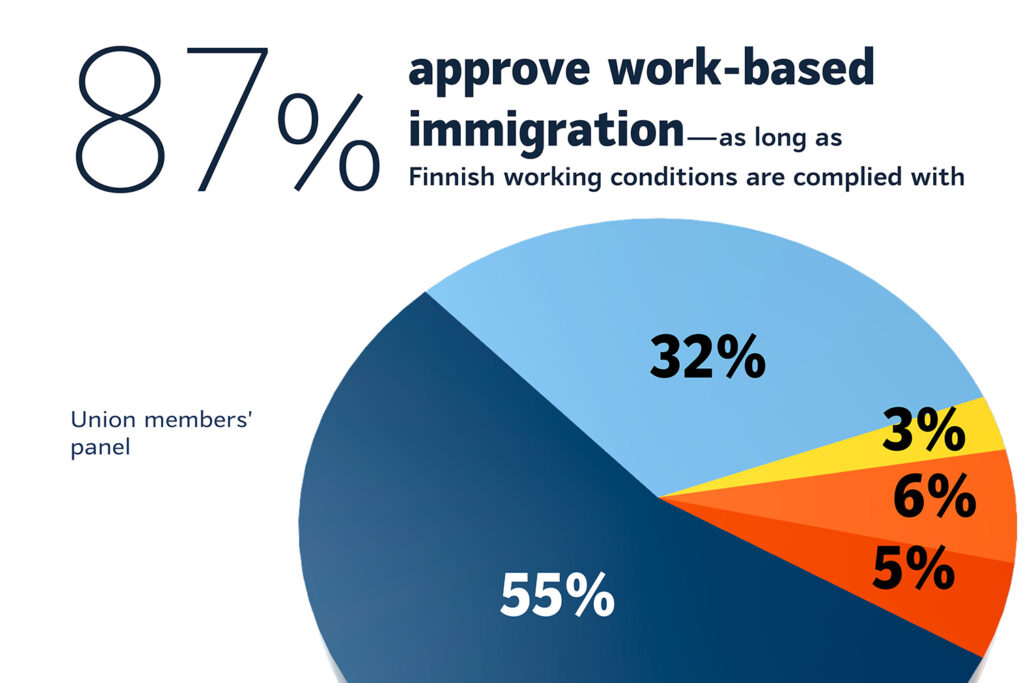In English
Union will continue to defend members’ rights
Collective bargaining at national level in the mechanical forestry industry and bio industry will come to an end after the existing agreements expire in 2022.
16.12.2020
The Finnish Forest Industries Federation FFIF announced in October that it will pull out of collective bargaining and leave it up to the companies to negotiate their own deals.
This does nothing to alter the position of the Industrial Union: it remains fully committed to collective bargaining in every sector in which it works. Under no circumstances will members be abandoned.
The employer’s new policy means that the union will have to negotiate with the forest industry companies directly, no longer with the employers’ association FFIF.
The collective agreement of the mechanical forestry industry expires at the end of 2021 and in the bio industry at the end of February 2022. Until then everything will continue as before and the existing collective agreements will remain in force. In all other union sectors collective bargaining will continue at national level.
Collective agreements are the most important way to safeguard workers´ rights and benefits. Legislation is not sufficient, guaranteeing only limited, basic employment rights.
Collective agreements provide minimum pay rates, certain benefits and security. Things like a negotiated pay rise, minimum wage, annual holidays longer than four weeks, longer sick pay, shift bonus, paid parental leave and paid public holidays are only written into the collective agreements. The list is even longer. Legislation does not stipulate these benefits.
The employers claim that by refusing to engage in national collective bargaining they will get more flexibility and productivity. This logic is strange. On the contrary, the national collective agreement guarantees comprehensive industrial peace, a predictable and fair environment for both companies and employees and the possibility for flexible solutions at company level.
Given the new situation organizing is even more important than before. The more union members there are in every working place, the more power the union has to negotiate the best possible collective agreements.
Should your employer propose drafting an agreement to replace the collective agreement, please contact the union immediately in order to get advice how to act. You can contact any of the union regional offices or the union head office ombudsmen of the Wood Product Sector.
Now, please ensure that your colleagues are union members, too, and that there is a shop steward and occupational safety representative elected at your working place. With these measures in place employers are not just simply able to ignore the wishes of their employees.
TEXT HEIKKI JOKINEN



